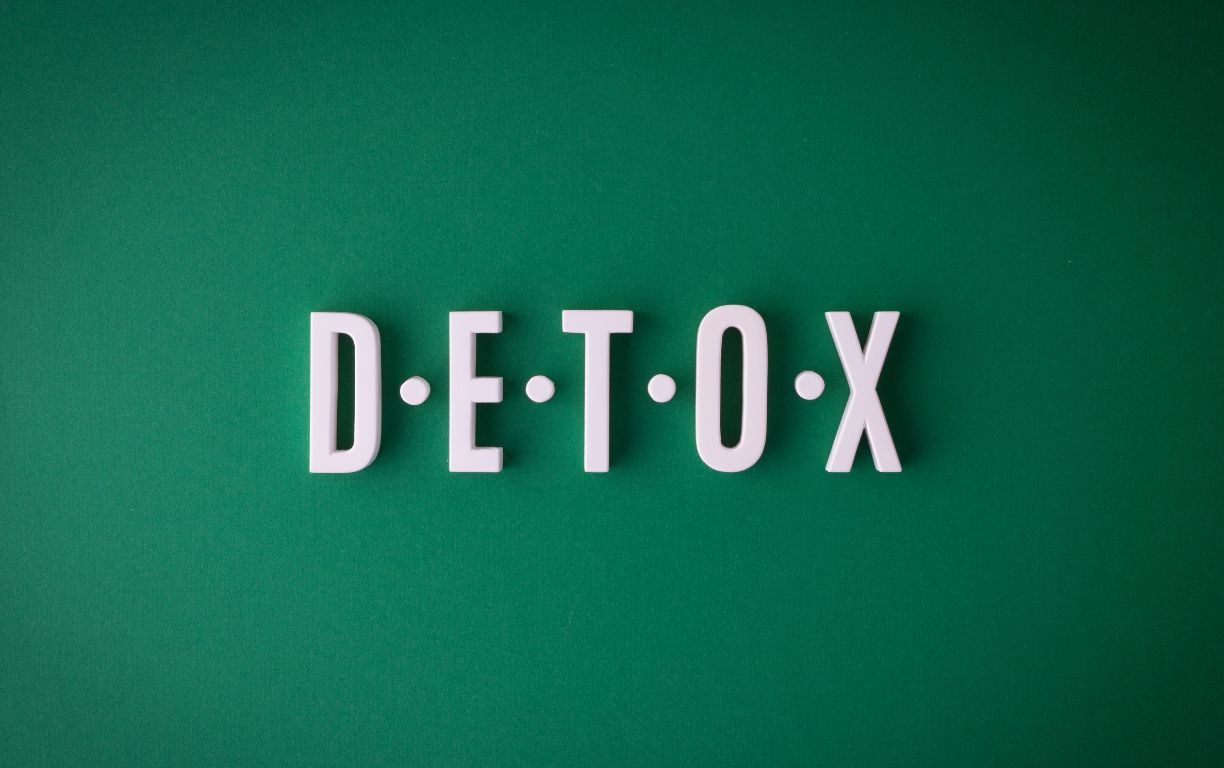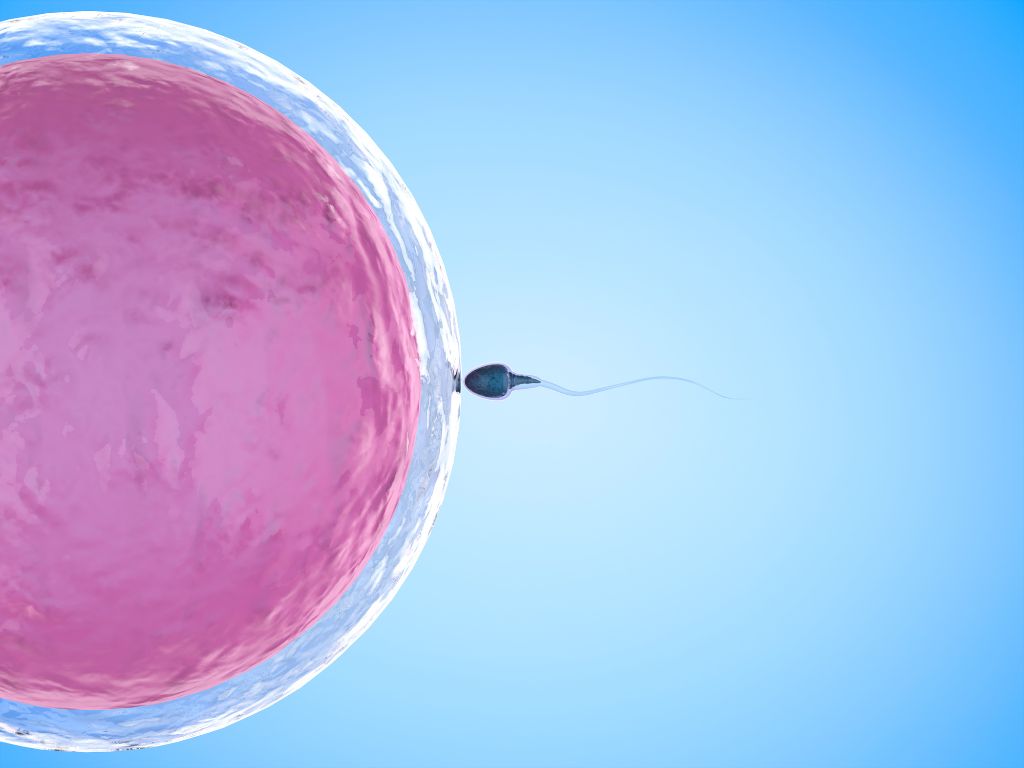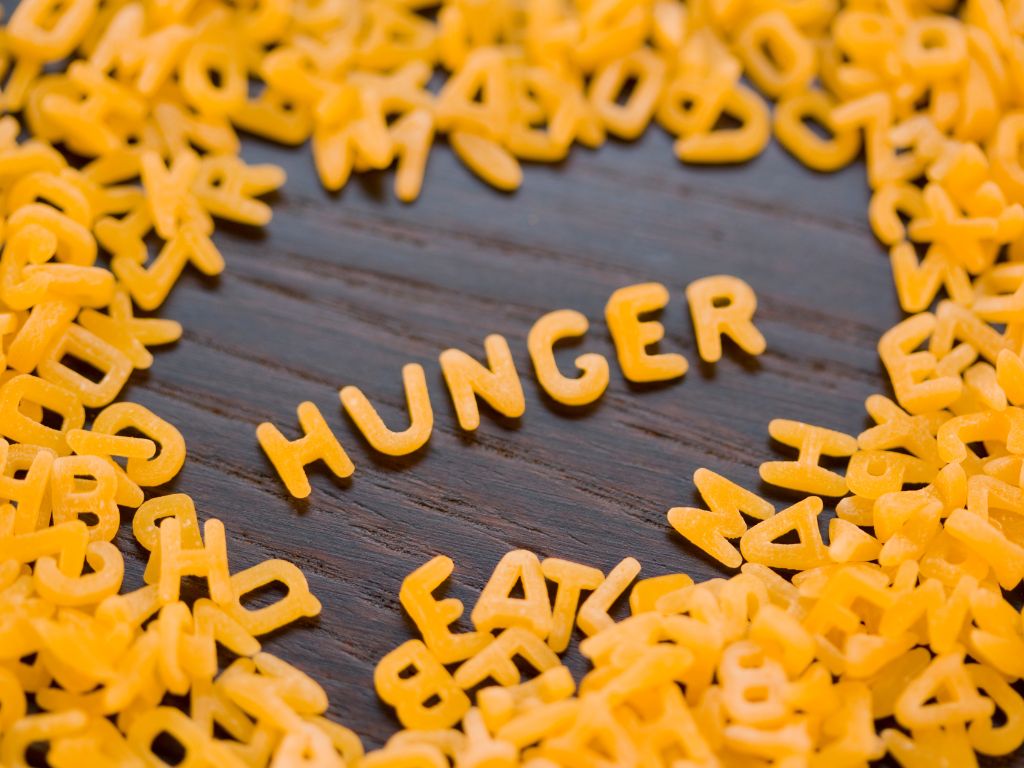There are many regimens and programs that aim to detoxify the body, whether targeting specific organs or the body as a whole. These programs often involve a combination of dietary restrictions and additional nutritional supplements to facilitate the detox process.
For instance, the "Master Cleanse" is among the most well-known detox programs. This program requires the participant to consume 6-12 glasses of lemonade infused with maple syrup and cayenne pepper daily, which serves as their primary source of nutrition. According to the program's creators, the Master Cleanse can eliminate various diseases and is the most effective and restorative detox regimen available.
If the phrase "various diseases" strikes you as vague, you're not alone. In 2009, a study examined 15 different detox programs and found that none of the manufacturers could provide a comprehensive list of the specific toxins and poisons that their products target. Furthermore, the study found that none of the companies defined detox in the same manner as their competitors.
Aside from the ambiguity in their marketing and promised results, most commercial detox regimens lack safety and efficacy testing. This has resulted in numerous cases of adverse effects, such as kidney damage linked to a specific green smoothie detox and liver failure associated with excessive consumption of detox tea.
Do we really need a detox?
Detoxification is a term that gets thrown around a lot, but it's important to understand what it actually means. Detox refers to the process of removing poisons or toxins from a person or an area. While there are situations where detoxification is medically necessary, it's not quite the same as what most commercial detox programs claim to offer.
In the medical field, detoxification is often used when someone has been poisoned with a drug or chemical. In these cases, emergency detoxification is typically performed in a hospital setting. The standard procedure involves ingesting 25-100 grams of activated charcoal every few hours to prevent the chemicals from entering the bloodstream. The activated carbon binds to the toxins and carries them out of the body through the feces.
However, it's not advisable to take activated charcoal as a daily supplement in case of poisoning. Activated carbon isn't able to differentiate between toxins and other substances in the body, and it can also bind to essential vitamins and minerals, removing them from the body. Additionally, the doses found in supplement tablets are much lower than those used in emergency situations and are therefore not effective in cases of acute poisoning. Lastly, activated charcoal can only bind to chemicals found in the gastrointestinal tract, meaning it's not effective against toxins that have already been absorbed into the body or have entered the airways and lungs.

Does the body store toxins?
Unfortunately, yes. Your body is capable of storing poisons and toxins through a process known as bioaccumulation, which occurs in all animals and organisms. For instance, predatory fish can accumulate mercury in their bodies, and then when humans consume these fish, the mercury can be stored in their bodies as well. And it's not just fish - even seemingly healthy products like protein powder can contain toxins and poisons.
One particularly concerning group of toxins is known as persistent organic pollutants, or POPs. These are organic toxins that are stored in your body fat. In the short term, the fat helps to protect the rest of your body from the immediate effects of the poison by containing it. But in the long term, the poison is slowly released back into the body, causing a chronic exposure that has been linked to various metabolic diseases. It's a scary thought, but it's a reminder that we need to be mindful of what we're exposing ourselves to and take steps to minimize our exposure to toxins and pollutants.
POPs and weight loss
It is important to note that weight loss and fat burning are still important for overall health, even if they may increase the circulation of POPs. Maintaining a healthy weight can help reduce the risk of many chronic diseases, including heart disease, diabetes, and certain types of cancer.
Furthermore, there are ways to minimize exposure to POPs in the first place. Eating a diet that is low in animal fat and choosing organic fruits and vegetables can help reduce exposure to these toxins. Additionally, avoiding the use of pesticides and other chemicals in and around the home can also help reduce exposure.
While the long-term effects of POPs on the body are still being studied, it is clear that reducing exposure to these toxins is important for overall health and well-being.
Detoxing the right way
Your body has a built-in detox system where your organs work tirelessly to eliminate harmful substances. Your liver, for instance, plays a crucial role in breaking down dangerous toxins and converting them into less harmful compounds that are then excreted via your kidneys or gall bladder as urine or feces. By understanding how your body's natural detox system works, you can make informed decisions on how to support it and promote overall health.
To truly support your body's natural detoxification system, any detox program you choose should meet at least one of the following three criteria:
1. Reduce your exposure to known poisons and toxins
Airborne toxins
Exposure to airborne toxins like smoke, chemical fumes, and other pollutants can be harmful to your health. While it may be difficult to completely avoid air pollution, especially if you live in urban areas, there are steps you can take to reduce your exposure.
Firstly, ensure good ventilation in your home to minimize indoor air pollution. If you're in an area with high outdoor pollution levels, consider using a face mask for added protection. Keep in mind that the effectiveness of the mask depends on the type and fit, so choose carefully.

Pesticides
Pesticide residues in food can be a concern for many people, although checks in the US regularly show that most foods on the market either do not contain any traces of pesticides or have levels below the permitted values. However, even small amounts of pesticides can have an impact on our health. It is unclear whether this impact is negative, neutral or positive, as more studies are needed in this area.
Organic fruits and vegetables are found to have lower levels of synthetic pesticides compared to conventional crops. But choosing organic foods does not necessarily guarantee better health. In fact, a study in 2018 found that organic protein powders had half as much BPA but twice as much heavy metals compared to non-organic ones. It is also a common misunderstanding that organic pesticides used on crops are less harmful to humans and the environment than traditional pesticides.
To reduce your exposure to pesticide residues in food, it's recommended to rinse fruits and vegetables thoroughly, peel them when possible, and cook them to minimize the amount of pesticides you consume.

2. Improve your liver's ability to break down toxins
Certain substances in edible plants, such as sulforaphane found in broccoli and cauliflower, have been shown to boost the liver's detoxification process and support its antioxidant activity. Milk thistle, NAC, Spirulina, SAMe, and TUDCA are supplements that have been found to have the strongest evidence for supporting liver health.
3. Improve the body's ability to excrete toxins
Consuming fiber, particularly water-soluble and fermentable types, can enhance the body's detoxification process both directly and indirectly. Fiber binds bile and toxins, making it easier for the body to excrete them. It also feeds good intestinal bacteria, which produce short-chain fatty acids and other metabolites that support the liver and kidneys in eliminating toxins.
Sulforaphane, found in cruciferous vegetables like broccoli and cauliflower, has been shown to boost the liver's detoxification process and antioxidant activity in both animal and human studies. While there are many supplements marketed as liver-supporting, the ones with the strongest evidence are milk thistle, NAC, Spirulina, SAMe, and TUDCA.
Sweating can help excrete heavy metals, but there are limited studies on the effectiveness of using a sauna for detoxification. Juice fasting and starvation diets lack scientific support and can actually impair organ function. To support optimal organ function, it's important to maintain a balanced diet rich in fruits and vegetables.

Do commercial detox programs really work?
A survey study conducted in 2011 showed that 92 percent of participating naturopaths prescribed various detoxification and cleansing methods to treat people exposed to poisons and toxins. These treatments mainly consisted of eating more "cleansing food" such as cruciferous plants, eating more fruit and vegetables, choosing organic foods, taking supplements of vitamins, minerals and fibers and reducing their exposure to toxic substances.
When it comes to more commercial detox programs and cleansing regimens, there is not much research in the area and the studies that have been done are not convincing enough because they are often done on too small or skewed samples, lack control groups, are based on self-reporting by the participants and consist of qualitative judgments rather than quantitative measures.
One of the few RCTs (randomized controlled trials) done in the field divided middle-aged women into three groups. One who had to complete the Master Cleanse, a placebo group and a control group. Participants in the control group were allowed to eat as usual, while the other two groups were restricted to eating 400 calories a day. This led to weight loss and associated health benefits for both the placebo group and those who did the Master Cleanse - with no significant difference between the groups. The health effects were thus found to come from the weight loss and not from the specific detox regimen. The only RCT done on a detox regimen with supplementation, but without calorie restriction, showed that the supplementation itself produced hardly any results at all.
Why detox diets remain popular despite limited effectiveness
Now, you might be wondering why detox diets are so popular if they don't actually work. The quick answer is that they often result in rapid weight loss, exclude harmful foods, and can provide a placebo effect.
By reducing calorie intake and carbohydrates, the body's glycogen stores are depleted, leading to loss of glycogen and water weight. Additionally, less food intake means less food moving through the digestive system, which results in further weight loss. However, these results are typically short-term, and the weight is often regained once normal eating habits resume.
Despite this, the feeling of well-being associated with detox diets is not solely a placebo effect. By avoiding certain foods, individuals may experience improved health in the short-term or within a few weeks.

Final thoughts
It's important to prioritize avoiding substances like heavy metals and POPs to maintain a healthy body. Consuming a diet rich in protein, vegetables, and fruits can support organ function and the body's natural cleansing process. To further aid in detoxification, liver-supporting supplements and sweating, such as in a sauna, can be helpful.
Despite their claims, commercial detox programs do not work in the way they promise. While they may result in short-term weight loss, this is due to calorie restriction rather than detoxification. However, avoiding certain foods can provide health benefits. If you suspect acute poisoning, seek medical attention immediately.














